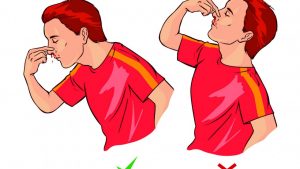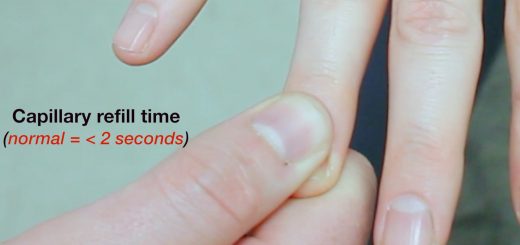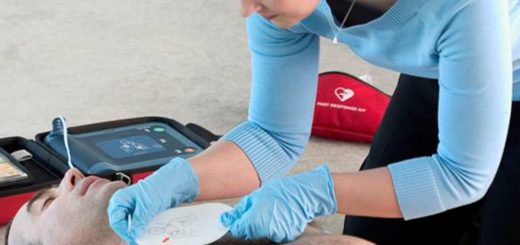How to stop nosebleeds on Coumadin (Warfarin)
Nosebleeds are very common. Most people will experience a nosebleed at some point in their lives. Nosebleeds should stop and not cause significant problems, however in patients taking blood thinning medications (such as Coumadin) nosebleeds can cause more serious problems.
Anticoagulant (blood thinning) medications such as Coumadin (Warfarin) and newer medications (eg: Rivaroxaban, Apixaban) are used to reduce the risks of blood clots forming. Ther main use is in reducing the risk of strokes in patients who have an irregular heartbeat (Atrial Fibrillation – AF).
The main side effect of these medications, however, is an increased risk of bleeding. Nosebleeding, in particular, is a relatively common side effect. These nosebleeds can be more difficult to stop as the blood thinning medication prevents the blood from forming a natural clot.
How to stop a nosebleed on anticoagulation
The key to stopping any nosebleed is firm pressure over the soft part of the nose for a minimum of 10 minutes.
The head should be tilted forwards (not back!) to allow blood to drain away and not be swallowed.
Ice can be used as an additional treatment, but the main focus should be on direct pressure.
If the nosebleed shows no signs of stopping then seek medical help. Interventions such as nasal packing or cautery may need to be performed in order to stop bleeding.
Frequent nosebleeds may be an indication that the Coumadin (Warfarin) levels are too high. You should seek advice from a medical professional.






